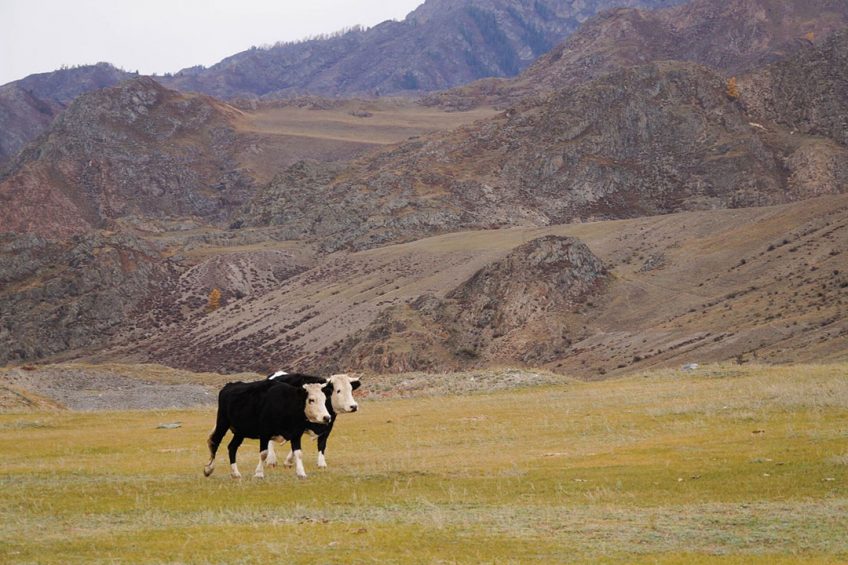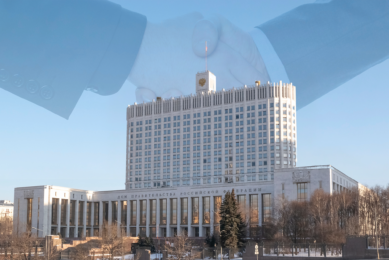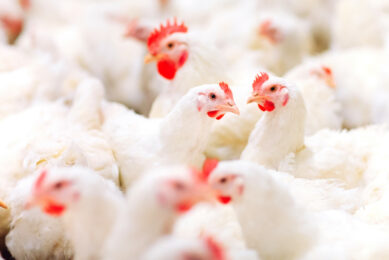Feed additive shortage: Russian feed industry crisis worsens

The Russian feed additives market is suffering from a lack of crucial feed additives. This is due to feed additive supplies been banned from the market by the Russian veterinary watchdog Rosselhoznadzor during the past few years, a spokesperson for the Russian Grain Union’s National Feed Union (NKS-RZS) told to the local news outlet SoyaNews.
High costs for essential additives
Russian livestock companies have to pay twice or thrice the average European price for some essential feed additives, without which efficient production and disease prevention is impossible. In the absence of lysine, threonine, and methionine on the market, livestock companies have to source these essential amino acids from plant materials, which is by a factor of 20-30 times more expensive, the spokesperson said.
This is no longer about temporary problems of importers, but about billions of dollars in losses for animal husbandry and the most dangerous risks to animal health.
Extra costs end up on final product
“Officials who deliberately organised an artificial shortage [of feed additives] on the Russian market with the help of fraudulent local businessmen at the end of 2019 should be well aware that the very dollar that is thrown on top of every kilogram of lysine for them today turns out at the end of the chain in $20-30 dollars of losses for producers of meat, eggs, milk, etc.,” the spokesperson added.
“Even if we forget about the profit, with the existing standards for protein, it is basically impossible to grow a healthy broiler of modern crossbreed on a diet without synthetic amino acids – dystrophies and increased mortality will emerge,” the spokesperson added.
Risk of counterfeit additives
Some Russian companies are already claiming that they plan to significantly reduce the use of almost all synthetic amino acids due to an acute shortage on the market, the spokesperson said, adding that in this context, “counterfeiters of feed additives creep out onto the scene.”
“This means that the very same ASF and AI, allegedly for the sake of which the import of feed additives is prohibited, is quite likely to turn into new outbreaks due to a sharp decrease in the quality of the diet and population immunity among the herds,” the spokesperson added.
NKS-RZS has neither leverage nor experience in fighting against counterfeit, while the authorities are yet to turn their sight on this problem, the spokesperson said.
Feed additive shortage is 99% artificial
“The emerged shortage of feed additives is 99% artificial. This is no longer about temporary problems of importers, but about billions of dollars in losses for animal husbandry and the most dangerous risks to animal health,” the spokesperson said, adding that some analysts try to connect the massive import restrictions with the problems quality issues, and similar issues.
“No self-respecting expert will agree with these demagogic statements, which are most dangerous for the recovery of a dying industry,” the spokesperson said.











